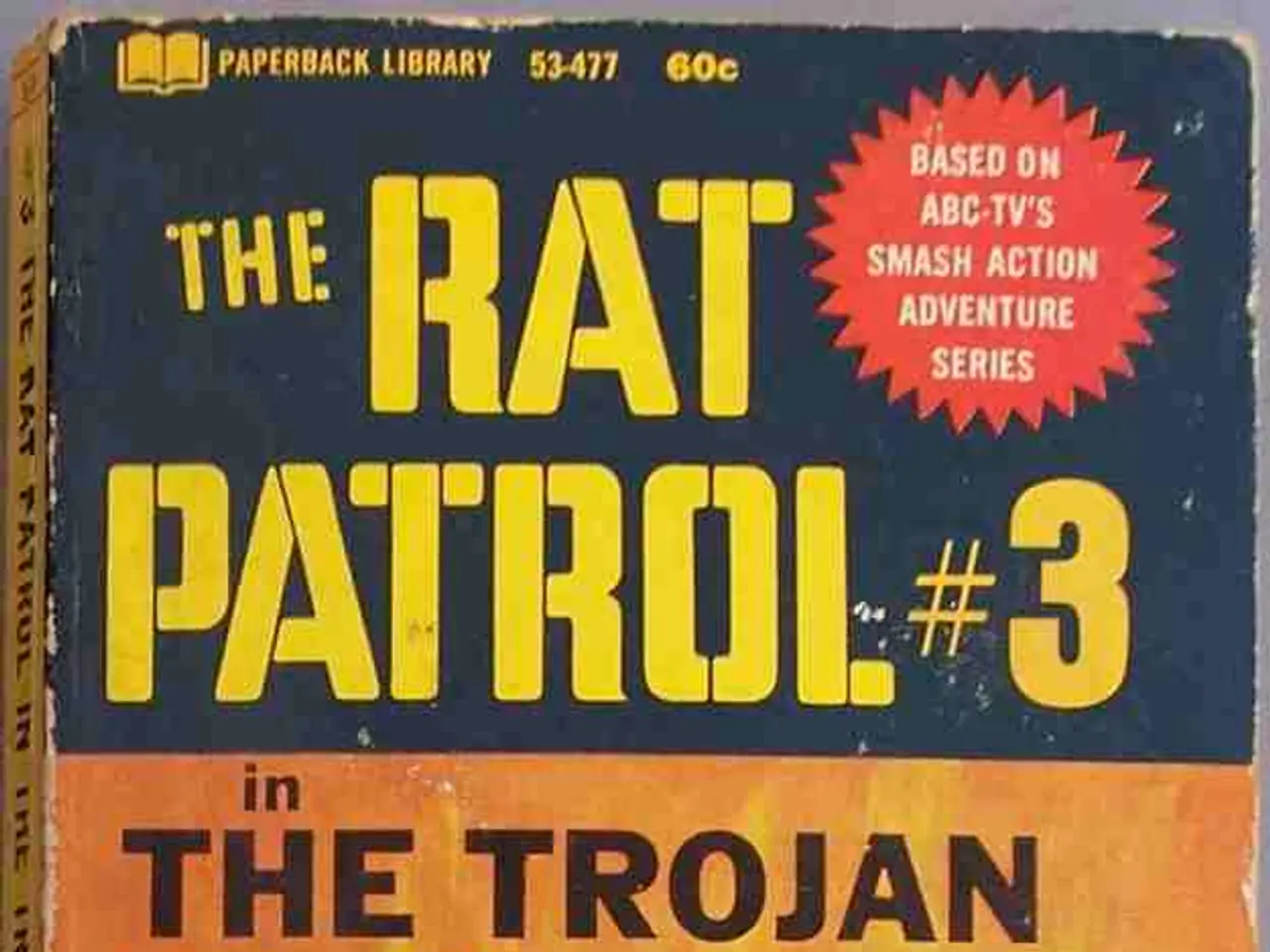Middle Eastern journalist Ghaith Abdul-Ahad has reached his limit with U.S. conflicts in the region
In the heart of the Middle East, a former architecture graduate turned war reporter has been chronicling the region's tumultuous events. Ghaith Abdul-Ahad, now a renowned journalist for The Guardian, has been shedding light on the complexities of the Syrian conflict, having firsthand experience with the aftermath of the American invasion of Iraq.
Abdul-Ahad's journey began in 2003, when the American invasion of Iraq left a profound impact on him. Inspired by the fall of Saddam's statue, he left his architectural career behind and embarked on a new path as a journalist. Before becoming a reporter of his own, he worked as a translator and reporter for The Guardian.
One of his most notable pieces was an article about a young man named Mustafa, whom he described as a "reluctant collaborator" with the Syrian regime. Mustafa, not an ideologue, joined the regime's militia to save himself from being beaten up. He was a mere survivor, forced to navigate a brutal regime to protect himself and his family.
Abdul-Ahad's work as a translator led him to categorise people as Sunnis and Shias, a practice he later tried to unlearn. However, his experiences in Iraq shaped his life and journalism, making it challenging for him to stop being an Iraqi when covering Syria.
The invasion of Iraq, Abdul-Ahad believes, weaponized the differences between Sunnis and Shias, leading to a recipe for civil war. From an American conservative point of view, the invasion was a politically disastrous project, as it led to the country becoming an ally of Iran.
In the aftermath of the fall of Assad in Syria, Abdul-Ahad saw resemblances to the aftermath of the fall of Saddam in Iraq, but also noted differences. The absence of a foreign army and occupation was one significant difference. Yet, the people seemed tired from war, unlike in Iraq.
Abdul-Ahad's anger towards Americans is not only due to the destruction and massacres they committed, but also because no one has ever apologised for the things they did in Iraq. He finds it problematic that the discussion about Iraq often presents a binary choice between Saddam and the Americans, implying that Iraqis have no other options.
In his book, "A Stranger in Your Own City," Abdul-Ahad discusses the importing of intense sectarianism that wasn't present before the invasion. The book, which includes both previously reported stories and new memories from his journeys across the Middle East, expresses his disbelief that Americans today understand the impact of their actions in Iraq, citing the lack of coverage and accountability for the actions taken during the war.
Abdul-Ahad's career and approach to the craft have been shaped by his experiences in Iraq and his encounters with people like Mustafa. His work serves as a testament to the complexity of the Middle East and the lasting impact of the American invasion of Iraq.
Read also:
- United States tariffs pose a threat to India, necessitating the recruitment of adept negotiators or strategists, similar to those who had influenced Trump's decisions.
- Weekly happenings in the German Federal Parliament (Bundestag)
- Southwest region's most popular posts, accompanied by an inquiry:
- Discussion between Putin and Trump in Alaska could potentially overshadow Ukraine's concerns








